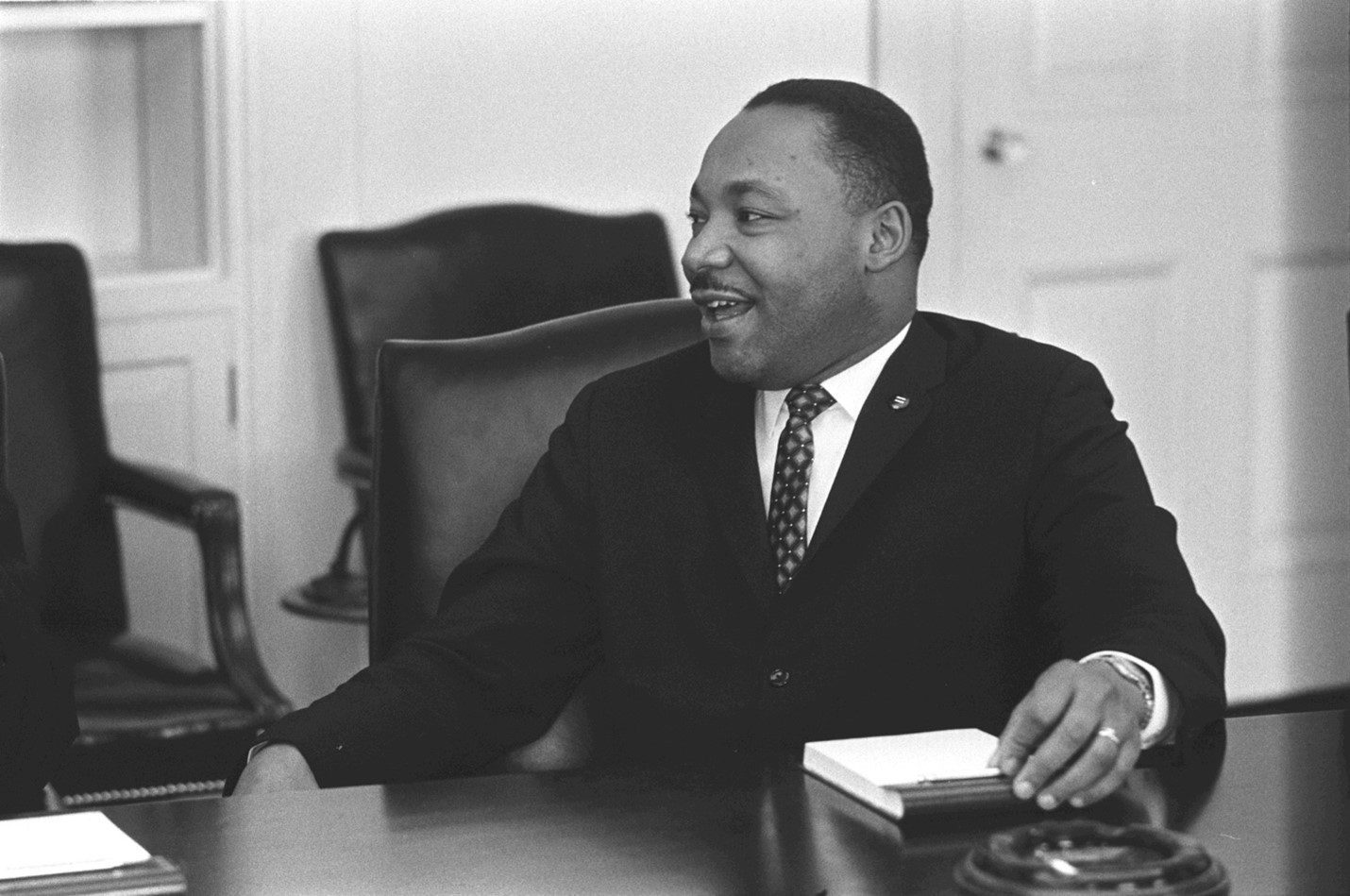Welcome to this month’s Ask the CFP® segment. Today, we’ll talk about a disruption that occurs every four years in the United States……. presidential elections.
Politics and the markets are intertwined because our market cycles are somewhat news-driven. Few things impact headlines more than politics and the potential future of the US government. For this reason, it’s completely logical to ask…how do presidential elections affect the markets?
From 1933 to present, the U.S. has had 8 Democratic presidents and 7 Republican presidents. Think about what’s happened in the country, as well as on the world stage, during those 90 years. Two World Wars, the Cold War, numerous global conflicts, economic booms and busts, inflation, deflation, shortages, surpluses, pandemics, and more have occurred in this period.
Despite all of these events, 23 election cycles, and a nearly equal number of presidents from each party, if you had invested $1,000 in June of 1933, in what would eventually become the S&P 500*, it would be worth more than $19 million in 2023.
The bottom line is – regardless of who is in the White House and which party they represent, US markets have trended upward.
As you know, in the run up to the general election, “primary season” showcases various candidates battling to convince voters that they should be their party’s standard bearer. Historically, this is an uncertain time, and the markets reflect that. During primary season, many headlines speculate about what each potential candidate might do if elected…… and that causes worried investors to move their funds to cash. This is why we see lower-than-average returns and increased volatility versus non-election years. However, once primary season is over and the major parties’ candidates are chosen, markets tend to bounce back favorably and match non-election years.
Keep in mind, certain sectors of the economy might perform better or worse than the broad market in the lead up to, and the aftermath of, an election. Take energy, for example. Because the two major parties have varying energy policies, that sector can be impacted during election season as the world waits to see which party – and proposed policy – will ultimately win.
The moral of the story here is that election years can create buying opportunities for disciplined investors.
If there is one thing we know, it’s that the markets don’t like uncertainty… and presidential election cycles usually bring elevated uncertainty… leading to angst, doubt, and fear about staying invested. Some investors may feel safer sitting on the sidelines and waiting for the dust to settle. But that strategy is rarely beneficial because history has shown that staying in the market increases your financial plan’s success far more than trying to time the market.
It’s vital to remember that election cycles come and go… In contrast, your financial plan should be unique to your goals and objectives…and be built to withstand the volatility of election cycles and other disruptions. Your financial team is here to help you build a comprehensive plan that gives you long-term confidence, even in the face of challenges.
If you have a question for a future ask the CFP segment, please send it to ceagan@monetagroup.com
Thanks for watching and we’ll see you next time.



